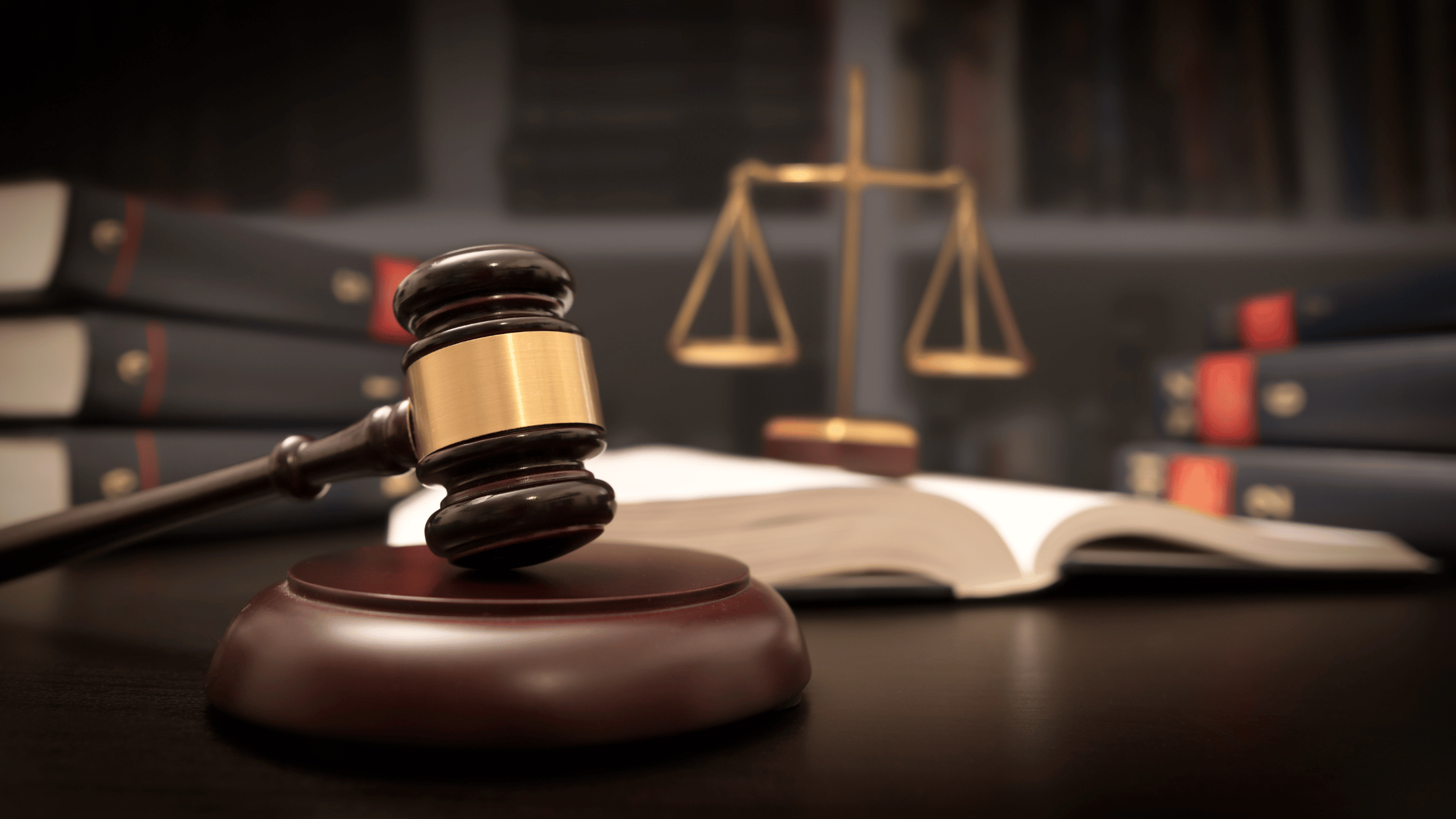You will already have seen our “Top Tips for Debt Recovery” article which tells you what happens before you issue court proceedings.
After attempting to resolve matters through mediation or negotiation, Court action may be the last resort to recover the funds outstanding.
In order to issue Court proceedings, the claimant is required to complete a claim form, setting out the value of the claim. To issue the claim, a fee is payable which is calculated in accordance with the nature and value of the claim. You can refer to the EX50 on the Gov.uk website for further information on fees. Once the claim is issued, the claim should be served upon the defendant which can be done by the Claimant or by the Court.
At the same time or within no more than 4 months of the Claim being issued, Particulars of Claim should be drafted, filed at Court and served on the Defendant. This document sets out in detail a summary of the facts giving rise to the claim, interest and the remedy being sought, which is usually monetary compensation (damages).
Upon receipt of the Claim and Particulars, the Defendant has 14 days to file an acknowledgement of service, confirming if they wish to defend the claim by filing a Defence (within 28 days of receiving the Claim) or alternatively accept liability. If a Defendant fails acknowledge the Claim, or file a Defence, the Claimant is able to enter default judgement against the Defendant.
What happens if a Defence is filed?
The Court will order the parties to agree directions then allocate the Claim in order that it may progress to trial. Although the Courts do encourage parties to attempt settlement outside of litigation by using ADR (Alternative Dispute Resolution) such as mediation.
Parties will have to disclose documentary evidence and prepare what will become oral testimony of their witnesses in a written format by producing witness statements. Statements will be prepared and submitted several weeks before the trial. Witnesses can, with the Court’s permission refer to their statements in the hearing, and they may also be cross examined by the other party’s solicitor.
No response, no problem!
If the Defendant fails to acknowledge the Claim, for a fixed fee of £150 plus VAT, we will enter Default Judgement. Once Judgement is granted, if payment is not made voluntarily, there are various enforcement options available to secure payment, such as instructing High Court Enforcement Officers to seize goods, getting a charging order over a property owned by the Defendant, or even forcing a Defendant into insolvency.
How much will it cost?
Generally, the unsuccessful party will be ordered to pay the costs of the successful party, although this is at the discretion of the Court and is not applicable to cases allocated to the Small Claims Track (for claims of under £10,000). As part of our fixed fees for debt recovery, we can advise you on how likely we think your claim is to succeed. We also offer fixed fees for taking you through the process, mitigating the stress of Court.
If you have any questions about this process, or you wish to discuss a debt that you need recovered, please do not hesitate to contact Renee Ambler at renee.ambler@cognitivelaw.co.uk
